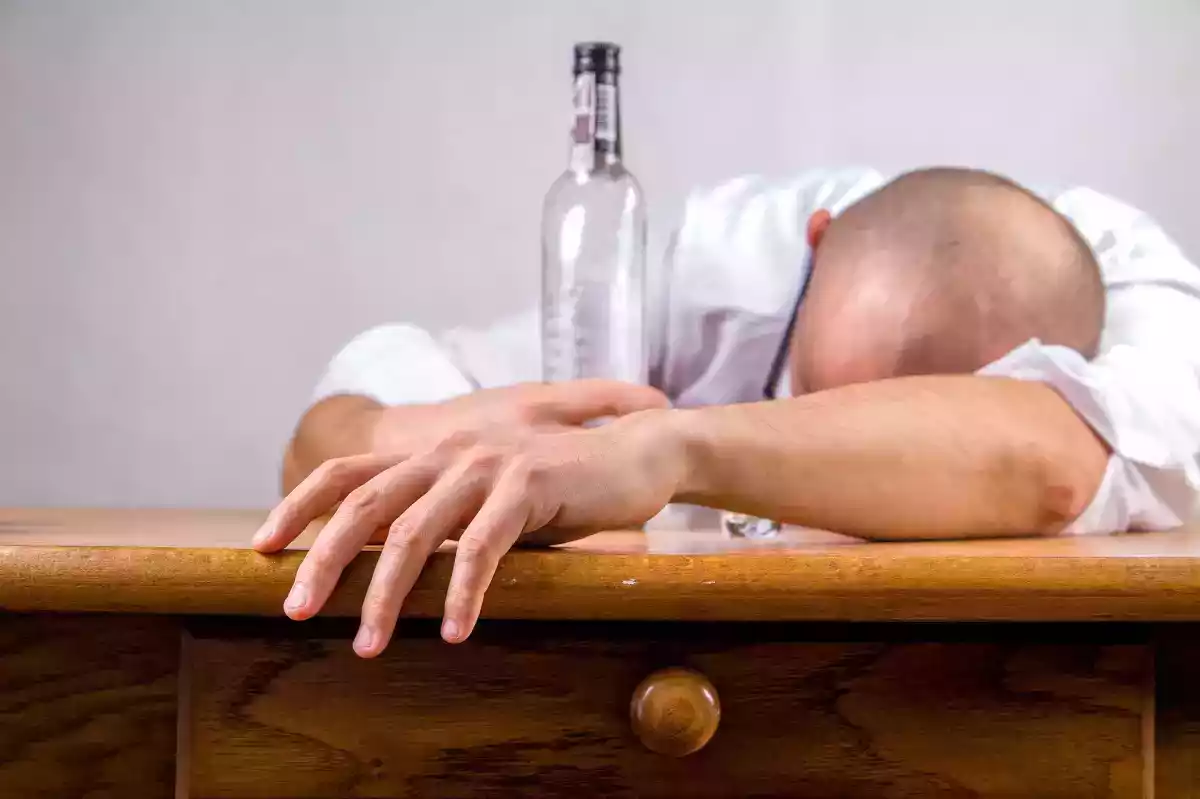Mixing alcohols: truth or urban legend about hangovers?

It's the festive season, and with it, all the excesses. Christmas festivities are a good way to prepare for New Year's Eve, which is known to be a bit of a binge. But the year often doesn't get off to the best start, with headaches and nausea taking over from the 1st. A subject that might make some people smile, but is not to be taken lightly for obvious health and safety reasons.
Based on surveys and estimates, around 60-70% of U.S. adults tend to drink alcohol on New Year's Eve. So many consumers for so few practical solutions to the hangover. During parties with friends, you'll hear some people assure you that mixing different types of alcohol will make you feel better the next morning. But is this an urban legend? Here's the answer...
What is this famous "hangover"?
The term "hangover" has no medical basis. Rather, it's a common, informal expression used to describe what is actually alcohol intoxication, scientifically termed "veisalgia". The word comes from the Norwegian kveis, meaning "discomfort after excess", and the Greek algia, which translates as "pain".
Typical symptoms of a hangover include headaches, dizziness, nausea, vomiting, disturbed thinking, extreme fatigue and general malaise. These signs often trigger a promise, rarely kept, to never drink again. This phenomenon is well known to anyone who has experienced the unpleasant effects of the day after a night out.
Should you really avoid mixing spirits?
Let's put an end to the myth straight away: what counts above all is the quantity of alcohol consumed, and therefore the alcohol level in the blood. Another key factor is the type of alcohol you drink. Brown spirits, for example, contain more impurities, responsible for the nausea that often follows a drunken evening. Sweet drinks like cocktails, on the other hand, are particularly treacherous. Their sugar content facilitates the rapid absorption of alcohol into the body. In other words, sugar is absolutely not your ally - quite the contrary.
Minimize side effects
Here are some top tips to apply:
- Water between drinks
The principle is simple : slow down your alcohol consumption while maintaining optimal hydration, which helps counteract the diuretic effect (makes you want to urinate) of alcoholic beverages. And this method is far from being invented: by alternating water and alcohol, you naturally space out your alcohol consumption and help your body eliminate toxins. As an added bonus, you can better control your consumption, reducing the risk of drinking more than you need to.
- Eating well is important
Another commonly shared tip is to eat well before drinking, opting for fatty foods. The idea behind this is that fats create a kind of barrier in the stomach, slowing down the absorption of alcohol. Not true! It's crucial not to drink on an empty stomach to avoid a rapid rise in blood alcohol levels, but it's better to opt for a balanced meal, rich in starchy foods and proteins, to provide your body with the energy it needs for the evening.
- The best advice: moderation
When it comes down to it, most hangover tips are more psychological than effective. Eating well and staying hydrated before and during the evening can help, but there's no substitute for moderation. A hangover is simply a signal that your body has suffered from excess. The next time you've had too much to drink, stay calm: drink water, rest and let time do its work. To avoid this in future, alternate with non-alcoholic drinks and recognize your limits. Your body will thank you for it the next day!
Perhaps a detox juice will help you? Click here
Ideas for the New Year:
 Mathieu Maggiore
Mathieu Maggiore
Comments